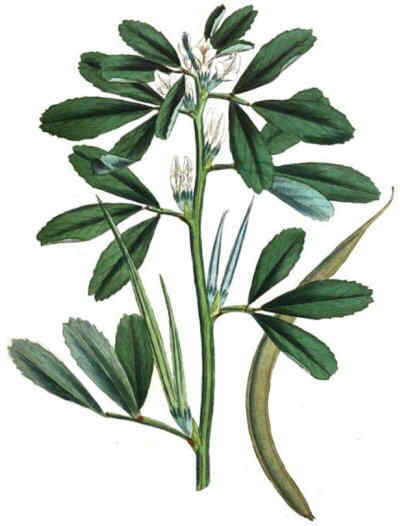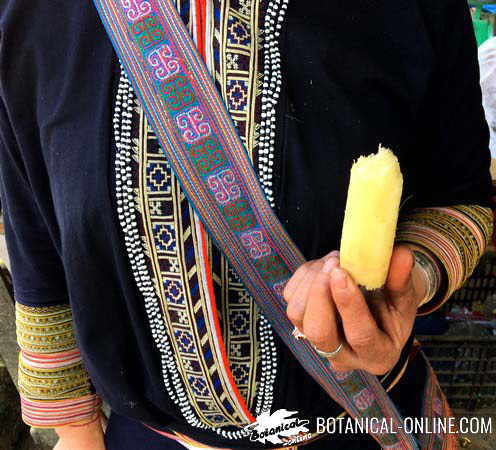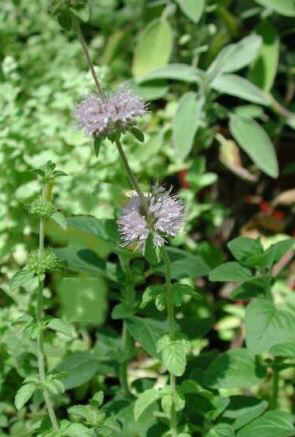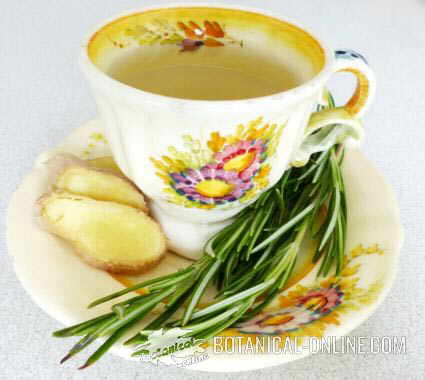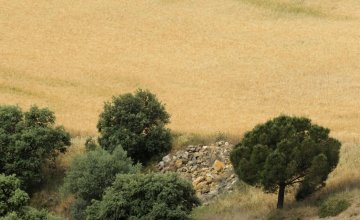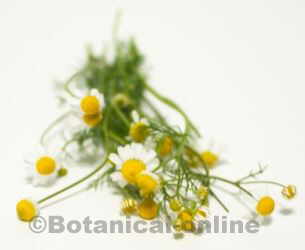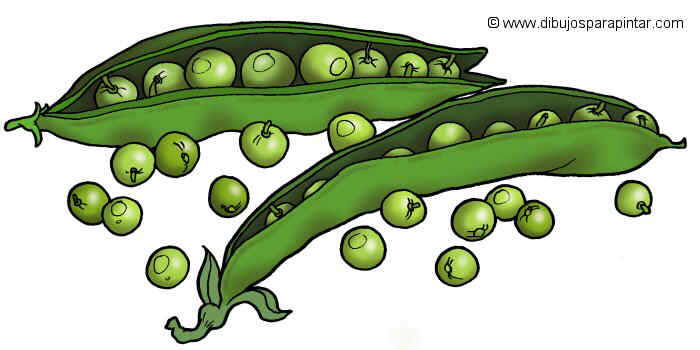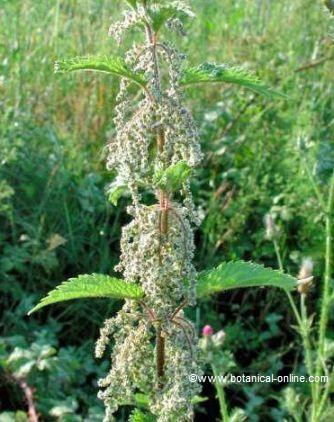Contents
Okra uses
Okra as edible food
What parts of okra can be eaten?
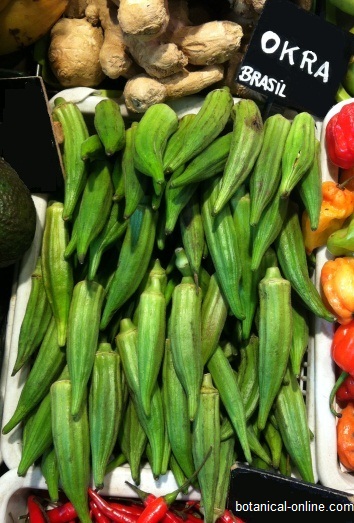
Okra leaves, buds, flowers and chalices can be eaten cooked as a vegetable. The unripe pod, known as okra, when cooked, exudes mucilage. It is abundantly consumed.
It can be prepared boiled, steamed or braised and curryes. It is rich in iron, calcium and beta carotene. Overripe fruits are fibrous and unpalatable. In local markets, where okra consumption is common, you can find dried okra.
Ripe and cooked seeds are edible and very aromatic. After cooking (Raw okra contains toxic ingredients) are added to purees, in the preparation of tofu and tempeh. They are rich in proteins and oils.
Okra root is also edible, but it is very stringy and unpleasant to taste.
Other edible properties of okra
- Seasoning: the leaves can be dried, powdered and stored for later use as flavoring.
- Thickener: Because of its content in pectin fiber, it is used as a thickener for soups, stews and sauces.
- Coffee substitute: The roasted seeds are used to prepare a replacement drink of coffee without caffeine, with appreciated flavor and aroma.
- Okra oil: Seeds contain up to 22% edible oil, so they can be used for extracting oil. Okra oil is rich in Omega 9 oleic acid and palmitic acid.
* More information on okra recipes.
Okra as a curative plant
All parts of the plant have medicinal properties. The fruit is demulcent, diaphoretic, diuretic and emollient. The roots and leaves are vulnerary. The seeds were formerly used as stimulant and antispasmodic.
Okra for feeding animals
Used for livestock feed because it is high in protein (seeds found inside the fruit). However, the seeds are rich in gossypol, a pigment that can be toxic if ingested in large quantities by livestock.
Other uses of okra
Plant fiber can be used to make paper and fishing nets.
![]() More information on okra
More information on okra

